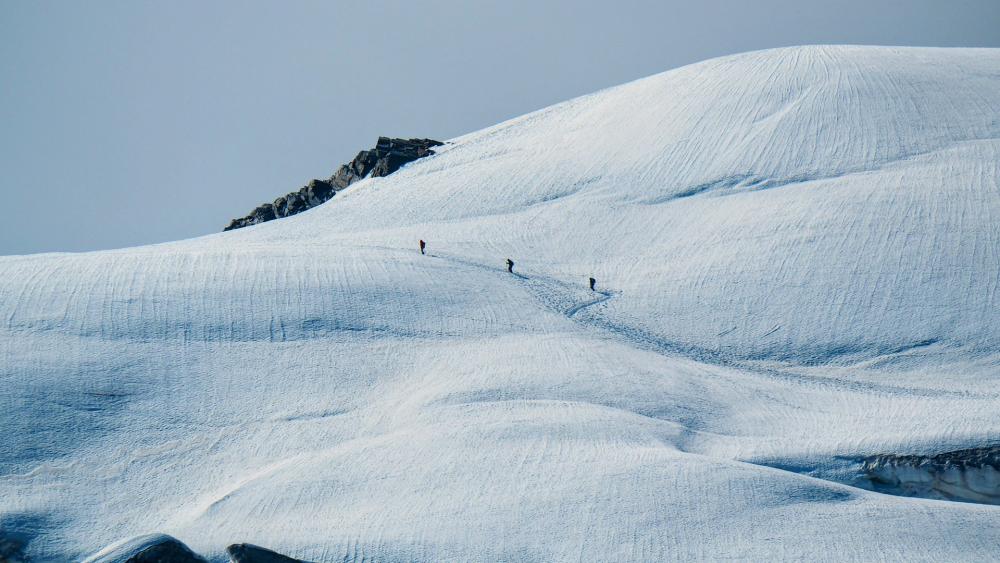Pixabay
In principle, the mountaineer’s work is simple: “To win the game he has first to reach the mountain’s summit,” said George Mallory, who took part in Britain’s first three attempts on Everest during the 1920s. “But, further, he has to descend in safety.”
|
ADVERTISEMENT |
The tension between these two goals—summiting while also surviving—makes the Himalayas context especially interesting and relevant for companies also balancing multiple goals, says Lindred Leura Greer, an associate professor of organizational behavior at Stanford Graduate School of Business.
“Mountaineering provides an interesting setting, and an extreme one, in which you’re trying to win while also trying to mitigate loss,” Greer says. “This looks a lot like, say, a startup, where you’re trying to maximize to become a unicorn while at the same time trying to make sure the small details don’t pull you under.”
Given this analogue, Greer and other researchers used mountain climbing as a lens to explore longstanding assumptions about group performance. For decades, academics have suggested a straightforward link between a group’s solidarity and its success: The more a group operates with a single mind, the better its execution.
…

Add new comment